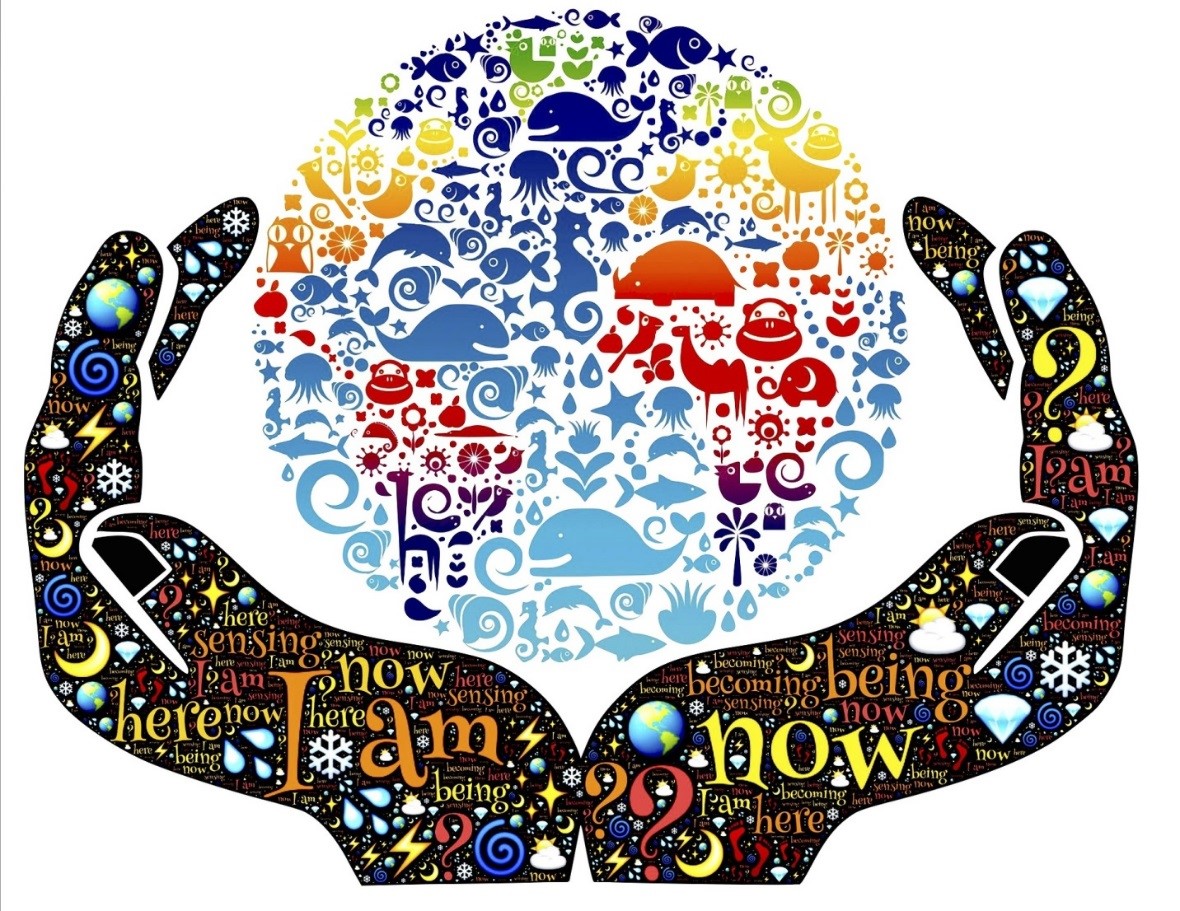This guest post by Samantha Kaylee is the best resource on the gratitude diary I saw so far. It is very practical and full of great tips. I am really happy to share it.
Apart from all the hustling and bustling of our daily lives, people nowadays need to find gratitude for whoever they are and whatever they have in their lives. A materialistic outlook towards life can offer minimal joy.
We forget the importance and significance of things. So instead of feeding ourselves and being greedy, one should consider the practice of gratitude as it definitely holds the key towards a content heart.
According to a recent study published by Positive Psychology, regular gratitude journaling can increase our optimism by 5-15%. Moreover, this act can increase our long-term happiness by 10% as well as a 35% reduction in depressive symptoms for several weeks.
In light of this information, let us look at some of the ways through which you can practice writing a gratitude diary and how it can contribute towards our happiness.
How to Write & When to Review a Gratitude Diary
1. Addition vs. Subtraction
The concept heavily relies on focusing on how one’s life could be without certain blessings. That is to realize how certain blessings have improved your life and benefited you as a person first of all. And secondly, how will they have impacted your life if they were taken away from you or were not given to you at all in the first place.
This is a different approach as compared to feeling grateful for things that you have achieved so far in your life. Your achievements and accomplishments center on the aspect of addition and what privileges they brought into your life.
The concept of subtraction mainly discusses the gift and benefits you received from life itself without any effort. A prime example could be of having a perfectly normal and functioning body as compared to people who are born with handicaps.
2. Begin with Prompts
Writing a diary and that too on a regular basis can, at times, become a challenging task. Some people do not even know where to begin with, so for starters, you can initiate the activity by jotting down prompts.
These are basically events or facts that happen during the day. You are not required to dive down deep since they are fresh; you can retain most of the information easily.
These can include instances like when somebody at work helped you unconditionally, when someone returned your smile, or when you found extra fries in your combo meal while dining at your favorite restaurant.
They certainly do not have to be life-changing events and could be just mentions of the little things, which also matter a lot though most people often negate their importance most of the time.
3. Conscious Decisions Are More Powerful
Simply forcing yourself to write about gratitude isn’t going to help anyone. One has to make that decision consciously, and gratefulness is not subtle; it is quite empowering and an act committed by a fully aware as well as awakened mind.
Gratefulness comes when you acknowledge hard facts, openly discuss them, and willingly want to participate. No one in the world can make you feel grateful forcibly, even as kids when parents ask you to say ‘thank you’ to relatives for Christmas gifts, the real gratefulness emerges by your own accord.
This is just like eating a scrumptious meal at a diner and not even taking out the time to give some words of appreciation to the chef or the waiter, while simply receiving a glass of water from a friend when your throat is dry, and all you can do is keep saying thank you to them.
4. Dive Deep into Your Emotions
It is true that since we are talking about writing a journal, the deeper you go, the more impact you will be able to create not only for your own self but whoever is allowed to go through your personal writing. Emotions and feelings can be gripping, and they can stir up a person into action.
They withhold the power to grab our intent and shift our focus towards what is being intended. Likewise, if you practice writing deep thoughts into your gratitude journal, the overall impact of that activity can be astounding. I strongly recommend though that you consider this option once you have gotten comfortable writing about prompts initially.
5. Focus on Benefits
While practicing gratitude itself has a lot to do with the realizations about tons of benefits you might have received in life. However, they’re also a great number of benefits to the act of feeling gratitude alone. Not only does it encourage the development of empathy for others, but it can also cut down the impulses that trigger negative thoughts in your mind.
It can help you to find composure with your grief, pain, loss, and reduce the chances or probabilities of becoming aggressive or feeling angry. There are also various studies that show grateful people making stronger bonds and life lasting relationships with others.
6. Get Personal and Private
It is your diary, so there is no need to be shy, consider yourself as the primary and only audience, and write to your heart’s content. There is no harm in getting personal and writing about private topics and incidents as long as you make sure that this diary of yours will never fall into the hands of someone who would take advantage of you.
The reason behind this is because people have good and bad memories. When you write about good memories, you are able to relive the joy and feel jubilated by simply thinking about them. They bring a smile on your face, and for a brief moment, they lighten the air around you.
Whereas when writing about bad memories, they bring you closure and allow you to leave them behind in the past. You can overcome the fears and angst you once feel and then move ahead with new zeal and enthusiasm.
7. Have Space & Time for Writing
Another great recommendation for writing a gratitude journal is to consider a proper place where you sit down and write about things that matter without any unnecessary disruptions or disturbances.
Writing is presumably a task that requires little to no physical excursion; however, scientific research and studies show that a person involved in a writing task ends up using almost all four lobes of the brain.
Plus, the neural activity inside the brain while a person writes is comparable to professional athletes when they are playing in the heat of a match. Nevertheless, isolating yourself from interruptions can also help you write for longer, and a proper sitting place can help it make a more comfortable activity.
8. Ideas to Write About
At times people often face a writer’s block where they are unable to generate content and mostly blank about what to write next. To help you out if such a phenomenon does get the best of you here are some suggestions:
- Life events that left a positive impact on your personality and upbringing.
- People who showed unconditional support and love towards you.
- Lists of three silly things your kids, siblings, parents, or spouse do that make you laugh.
- The best thing about living in your city/town/community.
- A thank you note to yourself.
- Some great expectations and anticipations that you are looking forward to happening.
- Time spent with your teachers and how the knowledge they imparted worked out for you later.
9. Periodic Reviews
It is important to know here that writing a gratitude journal is not just simply about writing. While writing does play a vital role in the process, however most importantly, it is the realization it brings, which is the ultimate objective here.
Hence writing without reviewing your journal can seem pointless. For a greater and more positive impact, you should always consider the review and reading through your diary so that all that positivity and important lesson leave a lasting impact on your mind, the way you think.
This can help you overcome feelings of sorrow and become appreciable towards how things have played out so far in your life.
10. Refrain from Overdoing It
A genuine write-up can be truly inspiring, and words that come straight from your heart are able to influence almost instantly. That is why you need to be honest and true when writing your diary or journal.
However, faking or writing about things that are blatant lies wouldn’t get you far. The only person you would be fooling will be none other than yourself.
Furthermore, a balance has to be struck so that you don’t go about writing about things that aren’t even necessary because then you would be simply bragging. There is a thing called overdoing it where there are clear indications and signs that healthy practice is being followed in an unhealthy manner. Please refrain from doing it.
Conclusion
There is a clear understanding amongst people of all ages and cultures that no one’s life is without a misery that only they can relate to while others simply cannot.
However that doesn’t mean that each of us doesn’t have a ton of things in our lives to be thankful for, a quick example is a well-fed tummy while millions across the world go starving, homeless, and without any support.
So, in the end, you should consider this as a journey that each one of us has to take, and as such, you should try out whatever works for you. Savor the surprises in your life and will find yourself becoming more content and satisfied with your life more than ever before.
Author Bio
Samantha Kaylee currently works as the Head of the Digital Marketing team at Dissertation Assistance. This is where higher education students can acquire professional dissertation proposal services from experts. During her free time, she likes to read product reviews of the latest tech gadgets that are being made available by manufacturers for public use.

Get 4 Free Sample Chapters of the Key To Study Book
Get access to advanced training, and a selection of free apps to train your reading speed and visual memory




